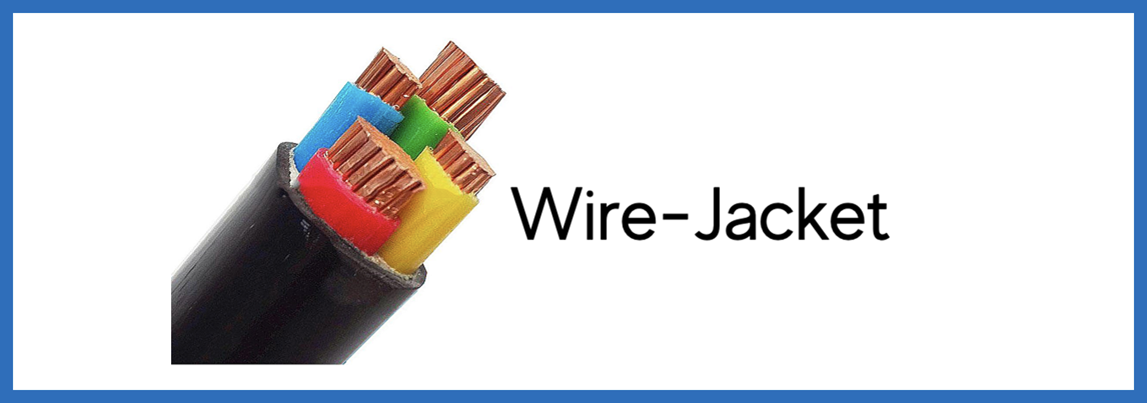garble
GO111MODULE=on go get mvdan.cc/garble
Obfuscate Go code by wrapping the Go toolchain. Requires Go 1.16 or later.
garble build [build flags] [packages]
The tool also supports garble test to run tests with obfuscated code, and garble reverse to de-obfuscate text such as stack traces. See garble -h for up to date usage information.
Purpose
Produce a binary that works as well as a regular build, but that has as little information about the original source code as possible.
The tool is designed to be:
- Coupled with
cmd/go, to support modules and build caching - Deterministic and reproducible, given the same initial source code
- Reversible given the original source, to de-obfuscate panic stack traces
Mechanism
The tool wraps calls to the Go compiler and linker to transform the Go build, in order to:
- Replace as many useful identifiers as possible with short base64 hashes
- Replace package paths with short base64 hashes
- Remove all build and module information
- Strip filenames and shuffle position information
- Strip debugging information and symbol tables via
-ldflags="-w -s" - Obfuscate literals, if the
-literalsflag is given - Remove extra information, if the
-tinyflag is given
By default, the tool obfuscates the packages under the current module. If not running in module mode, then only the main package is obfuscated. To specify what packages to obfuscate, set GOPRIVATE, documented at go help private.
Note that commands like garble build will use the go version found in your $PATH. To use different versions of Go, you can install them and set up $PATH with them. For example, for Go 1.16.1:
$ go get golang.org/dl/go1.16.1
$ go1.16.1 download
$ PATH=$(go1.16.1 env GOROOT)/bin:${PATH} garble build
Literal obfuscation
Using the -literals flag causes literal expressions such as strings to be replaced with more complex variants, resolving to the same value at run-time. This feature is opt-in, as it can cause slow-downs depending on the input code.
Literal expressions used as constants cannot be obfuscated, since they are resolved at compile time. This includes any expressions part of a const declaration.
Tiny mode
When the -tiny flag is passed, extra information is stripped from the resulting Go binary. This includes line numbers, filenames, and code in the runtime that prints panics, fatal errors, and trace/debug info. All in all this can make binaries 2-5% smaller in our testing.
Note: if -tiny is passed, no panics or fatal errors will ever be printed, but they can still be handled internally with recover as normal. In addition, the GODEBUG environmental variable will be ignored.
Speed
garble build should take about twice as long as go build, as it needs to complete two builds. The original build, to be able to load and type-check the input code, and finally the obfuscated build.
Go's build cache is fully supported; if a first garble build run is slow, a second run should be significantly faster. This should offset the cost of the double builds, as incremental builds in Go are fast.
Determinism and seeds
Just like Go, garble builds are deterministic and reproducible if the inputs remain the same: the version of Go, the version of Garble, and the input code. This has significant benefits, such as caching builds or being able to use garble reverse to de-obfuscate stack traces.
However, it also means that an input package will be obfuscated in exactly the same way if none of those inputs change. If you want two builds of your program to be entirely different, you can use -seed to provide a new seed for the entire build, which will cause a full rebuild.
If any open source packages are being obfuscated, providing a custom seed can also provide extra protection. It could be possible to guess the versions of Go and garble given how a public package was obfuscated without a seed.
Caveats
Most of these can improve with time and effort. The purpose of this section is to document the current shortcomings of this tool.
-
Exported methods are never obfuscated at the moment, since they could be required by interfaces and reflection. This area is a work in progress.
-
It can be hard for garble to know what types will be used with reflection, including JSON encoding or decoding. If your program breaks because a type's names are obfuscated when they should not be, you can add an explicit hint:
type Message struct { Command string Args string } // Never obfuscate the Message type. var _ = reflect.TypeOf(Message{})
-
Go plugins are not currently supported; see #87.
Contributing
We welcome new contributors. If you would like to contribute, see CONTRIBUTING.md as a starting point.











